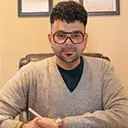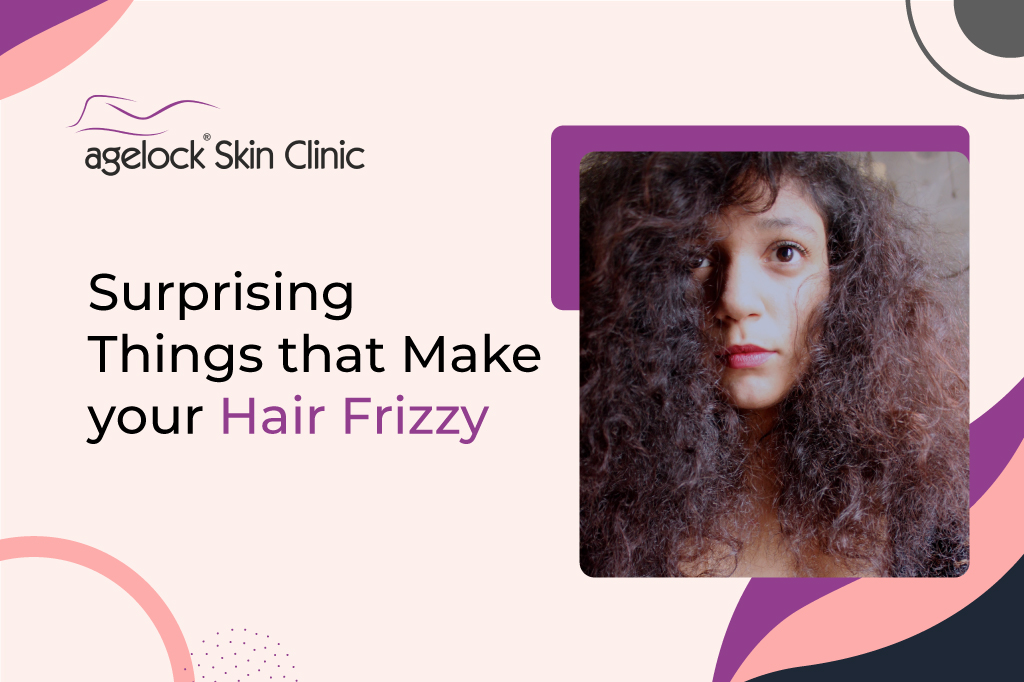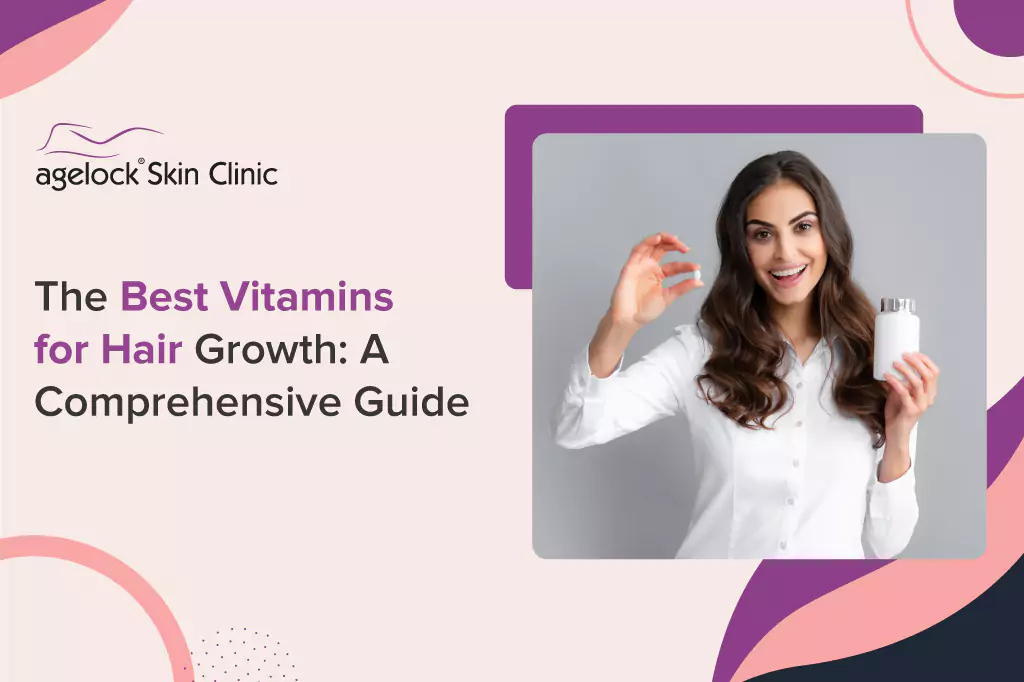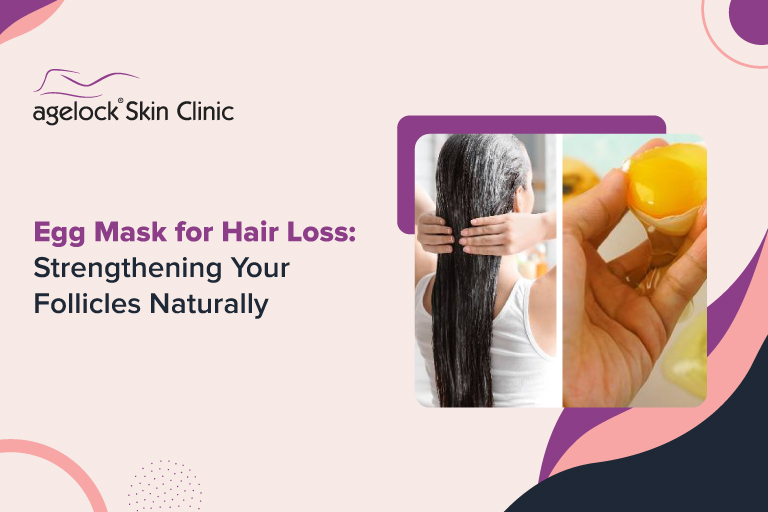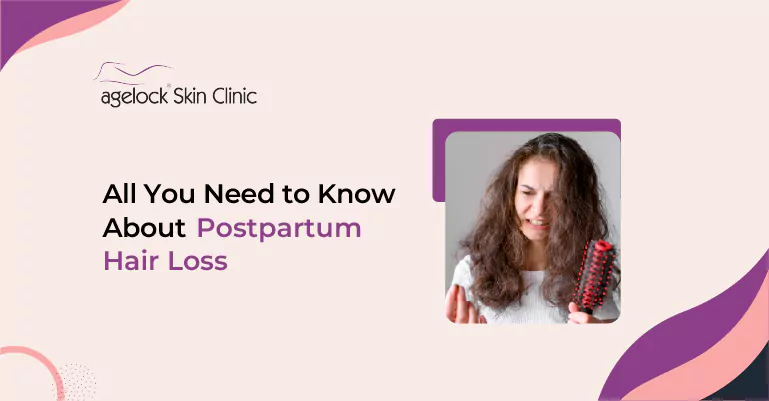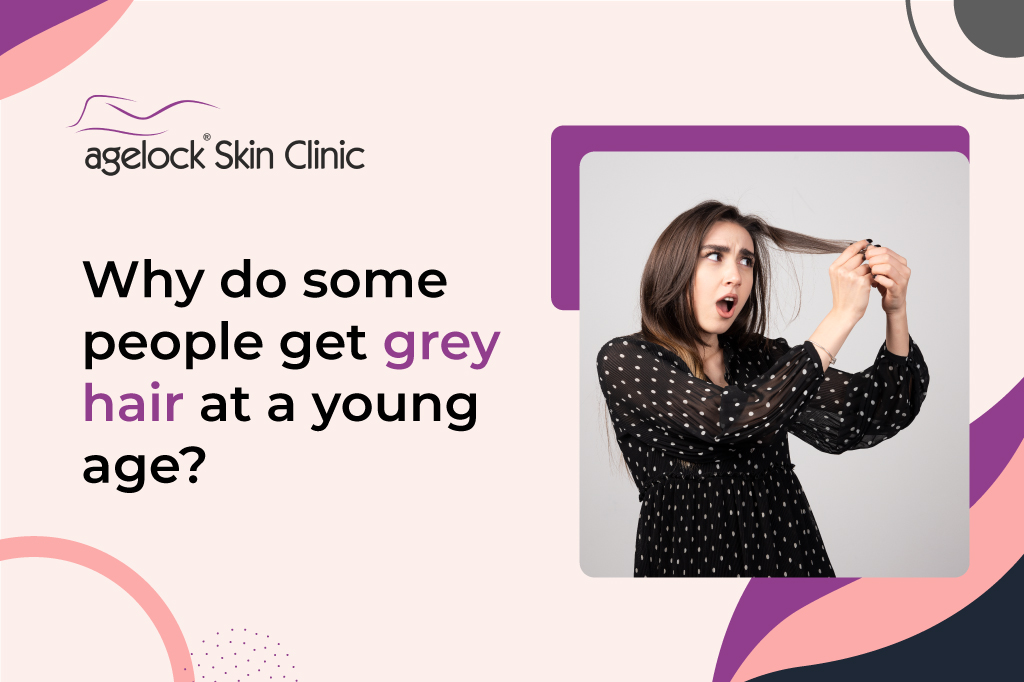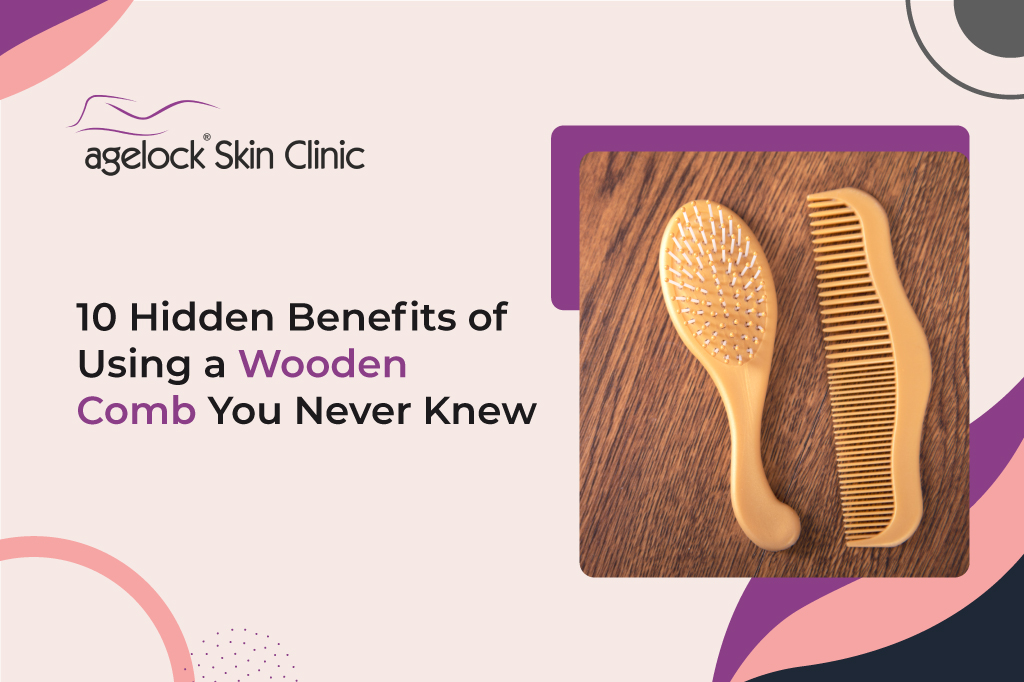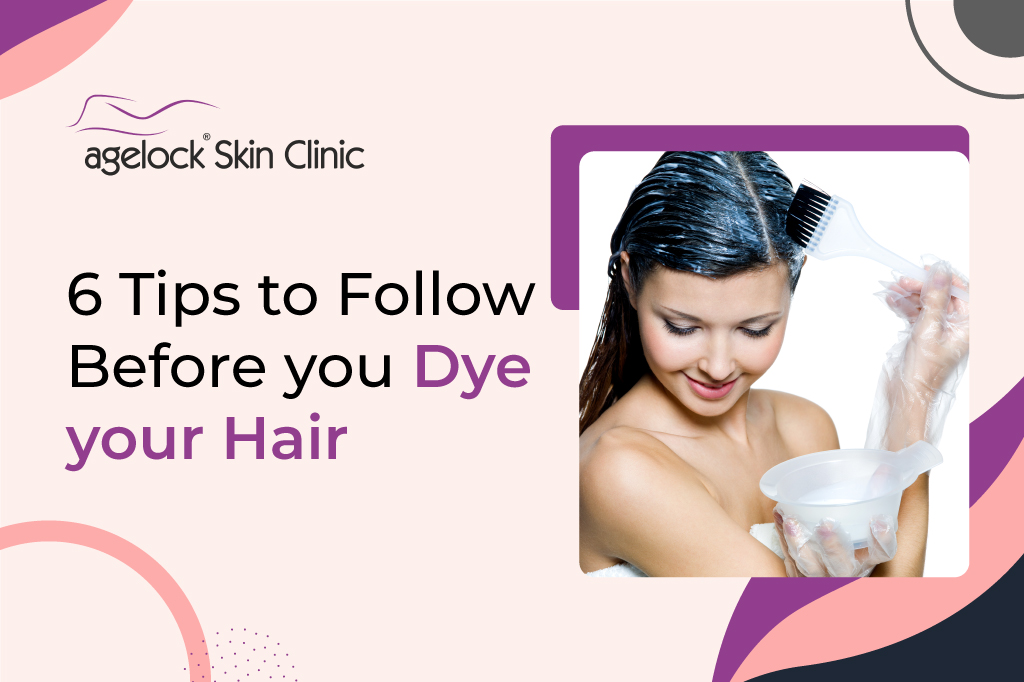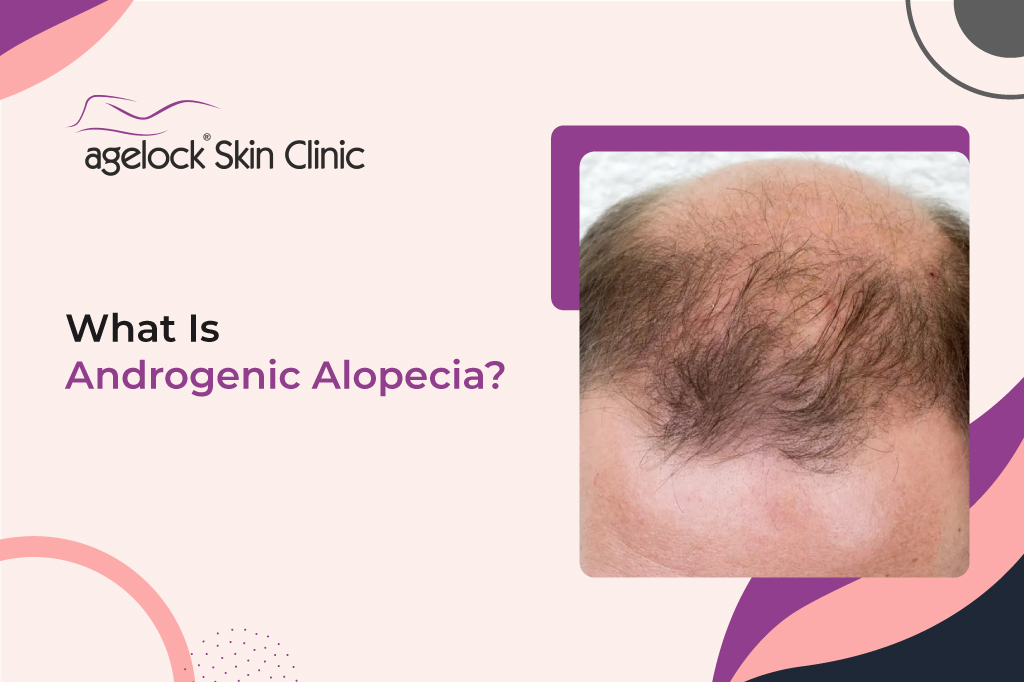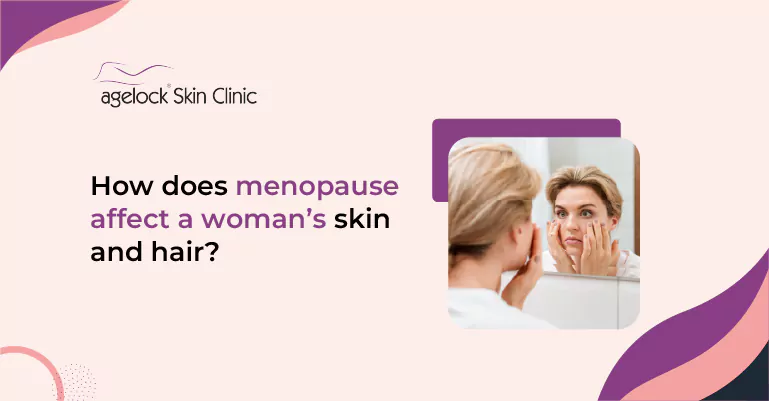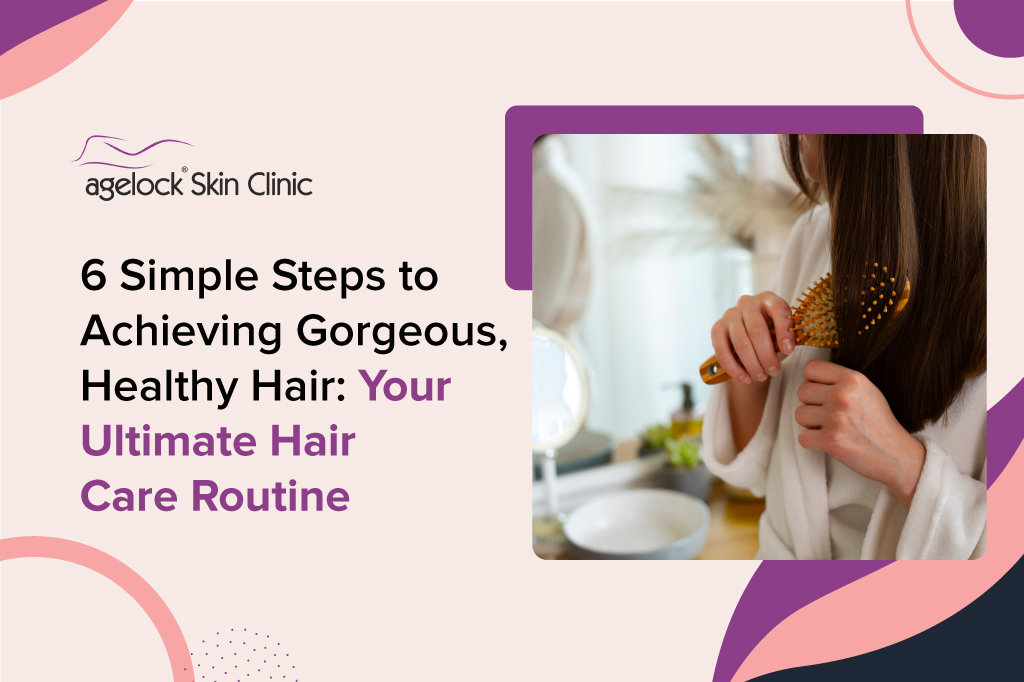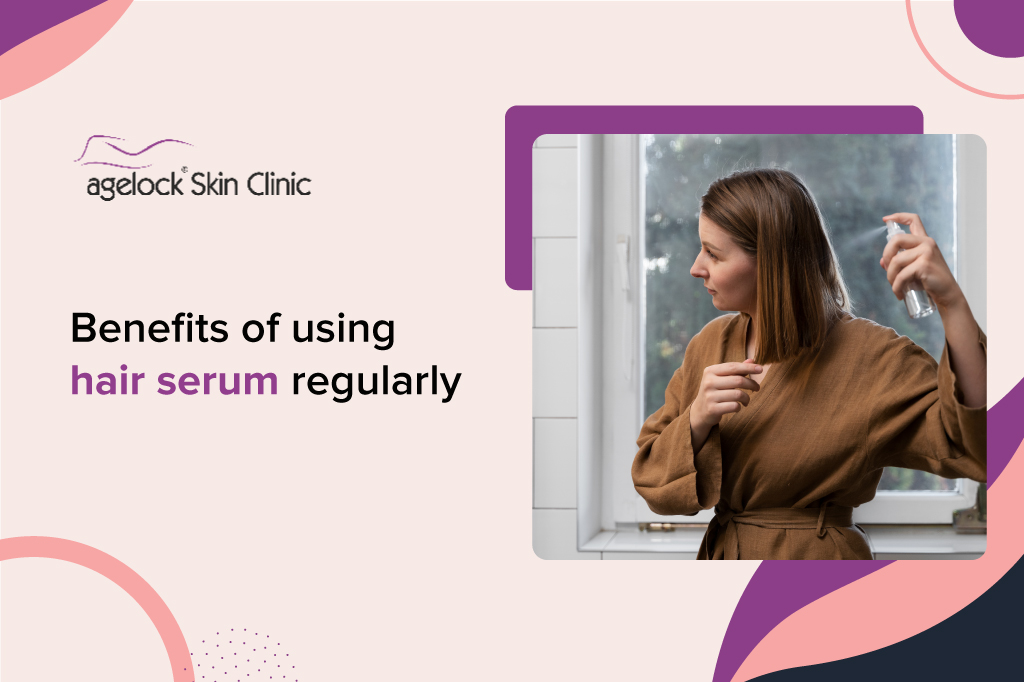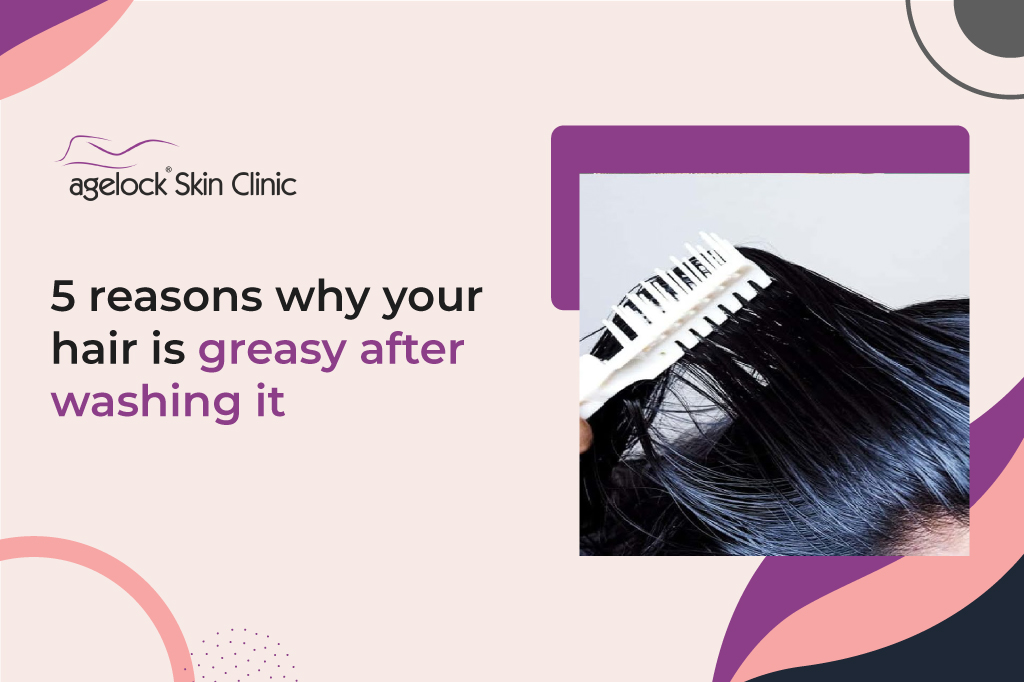
Having greasy hair right after washing it can be frustrating and confusing. You expect your hair to feel clean and refreshed; instead, it feels oily and weighed down. There are several reasons why this may happen, and understanding these factors can help you manage and prevent greasy hair effectively.
This blog post will explore the top 5 reasons behind greasy hair after washing and offer some useful tips to maintain lustrous, oil-free looks.
1) Overactive Sebaceous Glands
Overactive sebaceous glands are one of the main culprits behind greasy hair after washing. These glands produce sebum, natural oil that moisturizes your scalp and hair.
However, when these glands go into overdrive, they can produce excessive sebum, leading to greasy hair.
Hormonal imbalances, genetics, and even stress can also contribute to the increased activity of sebaceous glands.
2) Inadequate Rinsing
Properly rinsing your hair is crucial to thoroughly remove all shampoo and conditioner traces. Sometimes, residue from hair products can linger on the scalp, causing a buildup that makes your hair appear greasy.
Ensure you rinse your hair with lukewarm water for adequate time to eliminate any product residue effectively.
3) Using the Wrong Hair Products
Using hair products that are too heavy or contain excessive oils can contribute to greasy hair after washing. Opt for lightweight, oil-free shampoos and conditioners that are specifically designed for your hair type. Avoid applying conditioner to your scalp; it can weigh down your hair and make it greasier.
4) Daily Diet
Your diet is crucial to hair health, causing greasiness after washing. Avoid unhealthy fats and processed foods that increase oil production. Opt for a balanced diet with fruits, veggies, and lean proteins.
Omega-3-rich foods like salmon, chia seeds, and walnuts promote healthy hair. Stay hydrated to reduce sebum overproduction.
5) Touching Your Hair Too Much
Constantly touching your hair can transfer oils and dirt from your hands to your scalp, contributing to greasiness. Additionally, frequent touching can stimulate the sebaceous glands, leading to increased oil production.
Try to keep your hands off your hair as much as possible and use a soft brush or comb to style it instead.
Bottom line
Dealing with greasy hair after washing can be frustrating, but understanding its reasons can help you take the right steps to manage the issue.
Overactive sebaceous glands, inadequate rinsing, using the wrong hair products, washing hair too frequently, and touching your hair too much are common factors contributing to greasiness. You can achieve the clean and fresh looks you desire by making some simple adjustments to your hair care routine and choosing suitable hair products.
Remember to be patient, as finding the perfect balance for your hair may take some time. If you are still experiencing persistent greasiness, consider consulting a hair care professional for personalized advice and solutions. With the right approach, you can say goodbye to greasy hair and hello to healthy, beautiful looks.
